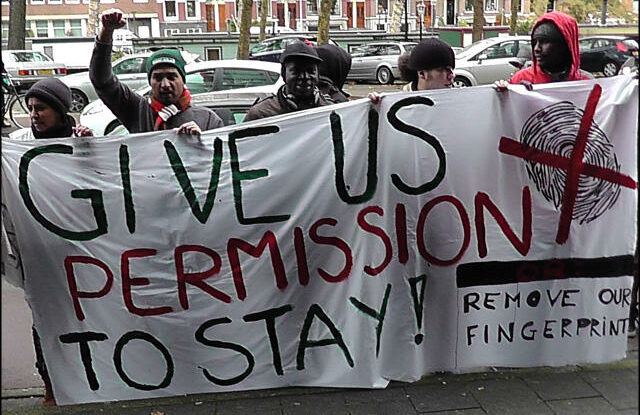Mass immigration has cost the Netherlands and Dutch taxpayers a staggering €400 billion ($430 billion) between 1995 and 2019, according to a study conducted by researchers at the University of Amsterdam, who had “access to unique, anonymized microdata from Statistics Netherlands.”
The study, entitled “Borderless Welfare State: The Consequences of Immigration for Public Finances,” shows that migrants took €17 billion more out of the Dutch welfare state than they contributed on average every year for a quarter of a century.
The largest figure was €32 billion in 2016 as a result of Angela Merkel’s open-door migration policies. The money spent on migrants that year was more than what the Dutch government spent on the country’s entire education system.
The authors found that migrants from the Middle East and North Africa never achieve a positive fiscal contribution to the Dutch economy, with migrants receiving significantly more welfare than the native Dutch population. Only Asians offered a small net contribution.
Moroccan nationals were found to cost the Netherlands €260,000 per person over their lifetime, followed by Turkish nationals, who cost €200,000. Other African nationals cost an average €180,000.
Notably, they also suggested the universal claim that “it will all work out with the second generation” does not hold weight. Instead, if people are born into families were produce a negative net contribution, they are unlikely to make a positive one.
The nearly half a trillion euro costs “are mainly the result of redistribution through the welfare state,” the authors argue. “Government spending on immigrants is now above average for items such as education, social security and benefits.”
Migrants failing to make a positive net fiscal contribution is not limited to the Netherlands; on the contrary, Germany is set to spend €36 billion on migrants this year alone, with the French similarly expected to pay €25 billion.





















